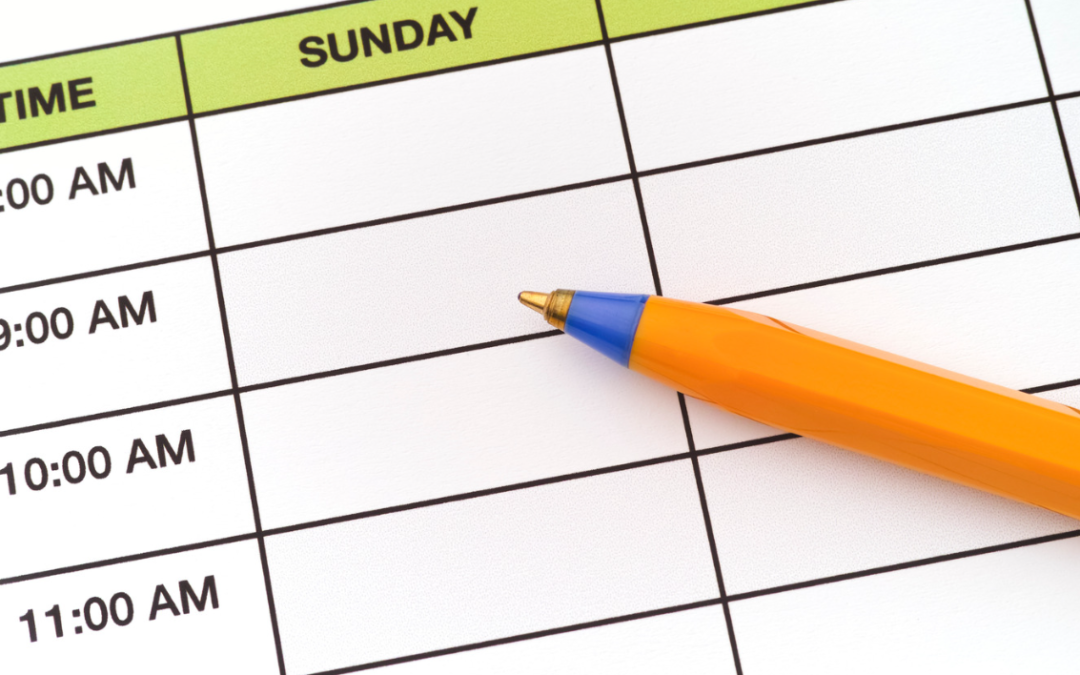You have exactly 1440 minutes each day to spend. That’s right—just 1440 minutes to work with, and when you break it down, it doesn’t seem like much. Between work, family, social time, and (if you’re lucky) a good night’s sleep, where do those 1440 minutes really go? Spoiler: probably not where you think.
It’s easy to assume we know how we spend our time, but without a close look, it’s just a blur of tasks and habits. The key to mastering your time starts with awareness—being honest about how your days unfold. So, grab a pen and let’s take a deep dive into those 1440 minutes, peeling back the layers to help you find where your time really goes and how to make the most of it.
Start with the Basics: 480 of Your 1440 Minutes for Sleep (Hopefully)
Sleep is non-negotiable. You might hear that 8 hours (or 480 minutes) of sleep is the gold standard, but let’s be real: not everyone hits that target. If you get around 7 hours (420 minutes), it still leaves you with 1,020 minutes to fill in your 1440-minute day.
If you’re one of those folks getting less than 7 hours of sleep, chances are you’re running on fumes, and it might be worth carving out more time for rest. You’d be surprised how much more effective you’ll be during your waking hours if you give your body a chance to fully recharge.
Work Takes a Big Chunk of Your 1440 Minutes: 480 to 540 Minutes
The standard 8-hour workday eats up another 480 minutes. If you’ve got a commute, tack on extra time. Let’s say the average commute is 30 minutes each way—that’s an additional 60 minutes daily. For those with longer drives or public transport delays, this number can quickly escalate. So, we’re now talking 540 minutes spent on work-related activities if you have an average job.
For many, work also sneaks into the rest of their time. Answering emails during dinner or catching up on projects before bed? Guilty as charged. The key here is creating clear boundaries between work and personal time to prevent burnout and reclaim those precious minutes.
Meals: 60 to 90 Minutes of Your 1440 for Fuel
Eating takes up another slice of your 1440 minutes. Whether you’re prepping meals at home or eating out, you’ll likely spend 60 to 90 minutes a day fueling your body.
Eating out? Sure, it might be quicker to grab a bite from your favorite café, but between waiting in line, ordering, and eating, meals outside the house can take longer than you think. A solid estimate for daily meals is around 60 to 90 minutes, but this can vary depending on your lifestyle.
Household Chores and Errands: A Slice of Your 1440 Minutes
Laundry, dishes, cleaning, grocery shopping, walking the dog, picking up the kids from school—the list is endless. Household responsibilities eat up more time than we usually acknowledge, and before you know it, you’ve spent an hour or two (60 to 120 minutes) just keeping things in order.
If you feel like chores are swallowing your free time, it might be time to delegate some tasks or automate what you can. Services like grocery delivery or robot vacuums can help shave a few minutes off your daily routine.
Personal Care: 60 to 90 Minutes of Your 1440
Let’s talk about hygiene and personal care. Showering, brushing your teeth, getting dressed, and (for some) putting on makeup—it all adds up. On average, people spend anywhere from 60 to 90 minutes per day on personal care routines. Sure, you might be a minimalist who only needs 20 minutes to get ready, but if you factor in exercise, skincare routines, and the occasional extra-long shower, this time easily stretches to an hour or more.
While personal care is essential, if you’re finding it’s taking too much time, it might be worth streamlining your routine. Prioritize what makes you feel good and leave out the rest.
Commuting and Traveling: 30 to 120 Minutes of Your 1440 Minutes
We touched on commuting earlier, but it deserves its own spotlight. Your daily travel time could be anywhere from 30 minutes (if you’re lucky) to 2 hours if you have a longer commute. Even if you’re working from home, errands and appointments can still suck up your time.
If possible, look for ways to make your commute more productive or enjoyable. Listen to audiobooks or podcasts, or use the time to mentally unwind.
Social Media and Screen Time: 120 Minutes (But Probably More) Out of Your 1440
Here’s where it gets interesting. Studies show that the average person spends more than 2 hours a day on social media alone. That’s 120 minutes you’re swiping through Instagram, scrolling TikTok, or binge-watching YouTube videos. And that doesn’t even include time spent texting, emailing, or watching TV.
While some screen time might be productive or necessary, most of us can admit we could probably cut down. A good trick here is setting screen time limits or turning off notifications when you need to focus. If you’re curious about how social media affects your time and well-being, check out this article on social media habits to learn more.
Exercise and Hobbies: 30 to 90 Minutes (If You Can Fit It In)
Let’s face it—exercise tends to be the first thing we skip when life gets busy. But even 30 minutes of physical activity a day can make a huge difference in your energy levels and mood. Add in any hobbies or personal projects, and this can add up to 60 to 90 minutes if you make time for them regularly.
If you’re struggling to fit in exercise or activities you enjoy, consider multitasking. Could you do a quick workout during lunch? Join a hobby club that meets once a week? It’s all about being intentional with your time.
Family and Social Time: 60 to 120 Minutes
Family time is one of those things we all wish we had more of, but it’s hard to prioritize with so many other obligations. Whether it’s dinner with your kids, a phone call with your parents, or meeting a friend for coffee, social interactions are crucial for our well-being. But when we’re running on empty, it’s easy to push this time aside.
Set a goal of carving out 60 to 120 minutes daily for family and friends. This doesn’t have to be formal—sometimes, just being present while everyone is in the same room counts.
The Leftover Minutes: Where Do They Go?
So, where do the rest of your 1440 minutes go? Well, some of it is eaten up by micro-activities like checking your phone, grabbing snacks, or getting distracted. These minutes can feel like they vanish into thin air, but when you track them, you’ll see how often little moments of time add up.
The best way to reclaim these minutes is to be more intentional. That doesn’t mean you need to schedule every second, but be mindful of where you’re spending time and look for opportunities to focus on what truly matters.
Time to Reflect: How Can You Reclaim Your 1440?
Now that we’ve broken down a typical day, the question is: How can you make the most of your 1,440 minutes? Here are a few quick tips:
- Track your time: For one week, write down where every minute goes. You’ll likely be surprised by what you find.
- Prioritize: Figure out what’s most important to you—whether it’s more sleep, family time, or hobbies—and adjust your schedule accordingly.
- Batch tasks: Group similar activities together. Run all your errands in one go, or answer emails at a set time each day.
- Set boundaries: Separate work from personal time, and don’t let them bleed into each other.
- Automate what you can: Use tools and services to streamline household chores, meal prep, or even managing your schedule.
Ultimately, managing your time is about making intentional choices. Remember, those 1,440 minutes belong to you—so spend them wisely.

